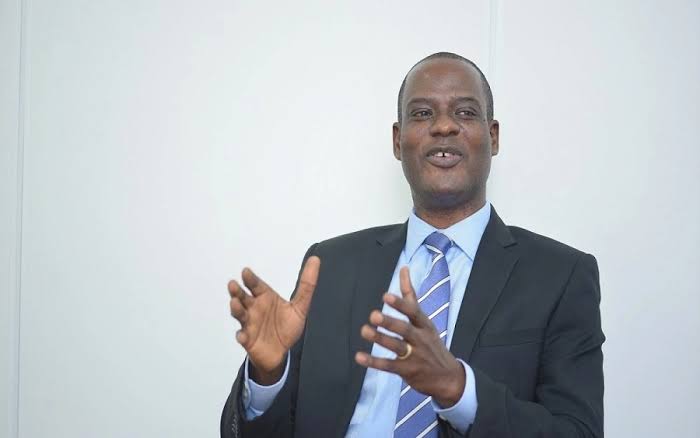Bernice Larryoboh
The Fiscal Policy Partner and Africa Tax Lead at PwC, Mr Taiwo Oyedele, has said that encouraging Nigerians to use e-payment channels for transactions may not necessarily address the current scarcity of naira notes in circulation until the government makes e-payment easier and safer for the people.
According to him, many countries that have embraced electronic payments and minimal use of cash are doing so not because their currencies are scarce or to avoid penalties, they do so because their economies run on credit and e-payment is more convenient, safer, and incentivized than cash.
Sharing his thoughts in a Twitter thread, Oyedele suggested that a more effective strategy by the CBN should be made to make e-payments easy and attractive.
He also urged the apex bank would to supply as many naira notes as necessary and leverage intelligence to identify and punish criminals with illicit funds.
According to him: “As it turns out, Nigeria has one of the lowest amounts of currencies in circulation relative to GDP or per capita of N15, 200 (about $34) compared to the U.S. at $6,700 per capita, the UK at £1,200 per capita and the Eurozone at €3,600 per capita.
“Even if we consider the US dollar as a global currency, America has more dollars printed per person on earth ($280) than the amount of naira per Nigerian citizen ($34).
“Therefore, the real problem with naira in circulation is the illicit cash in the hands of corrupt persons and other criminals, which is best tracked and controlled through financial intelligence than currency restriction or scarcity,” he said.

